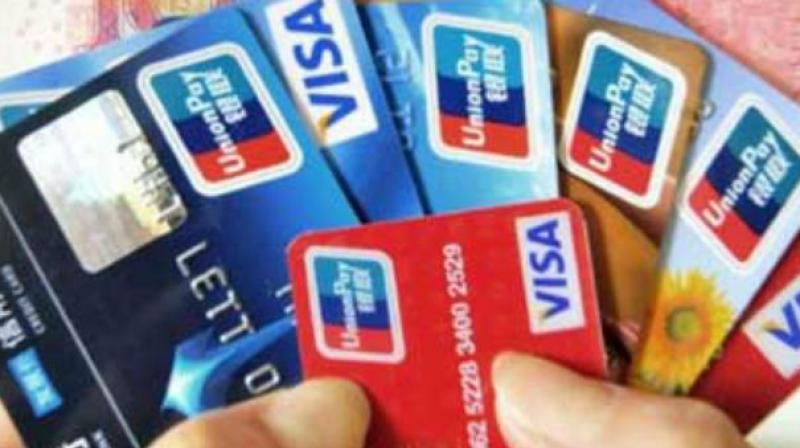Does your spouse's poor credit score impact you?

Credit score are two words that you hear usually when you are applying for a loan. A vast majority of Indians would not have heard these words, nor would they have attempted to discover what their score is. They must start paying attention, since credit scores are becoming increasingly important. A good credit score is the result of being disciplined in your loan and credit card use, and being timely in your EMI payments and card bills. We are seeing leading banks reserve their best interest rates for customers with CIBIL scores of 750 or more. Now the all-important question: If your spouse had a poor credit score, would it impact your finances?
WHY YOUR SPOUSE HAS A POOR SCORE:
The credit score is a numerical expression of a person's creditworthiness. It is based on their credit history, which is created once you take a loan or credit card. Lending institutions and card companies share your credit usage data with credit rating agencies such as CIBIL and Experian. The agencies compile this data over a period of time and assign you a score, which typically ranges from 300 (lowest) to 900 (highest).
People may have a poor credit score for several reasons, the most obvious one being that they have not been able to repay their loans or credit card balances in time. Instances of default get recorded in your credit history, as do any instances of “settling” your loan where you strike a deal with your lender to close your loan after paying a small part of your dues.
Defaults may happen for genuine reasons such as financial hardship or not receiving credit card statements, or lack of awareness. Finally, your spouse’s score could also be poor if his credit history contains incorrect loan or credit card details.
HOW YOUR SPOUSE’S SCORE IMPACTS YOU:
First, let’s answer the question asked above: how does your spouse’s credit score impact you? Let’s consider the impact on your own credit score first. Unless you have taken a loan jointly with your spouse, or stood as a loan guarantor for them, your personal credit score remains untouched. Even when you marry and update your name and other financial details, your credit history persists.
If you have taken a loan jointly, or have stood as a guarantor, your credit scores are jointly impacted. Failure to repay the loan in either of these two situations could hurt both the partners’ credit scores. If your spouse has an add-on credit card on the primary account held by you, you are responsible for making sure they settle their bills on time. Their failure to do so would hurt your credit score. Lastly, there’s the matter of financial instability. If your spouse has a poor credit score, it could reflect upon their financial indiscipline or lack of awareness, or on a financial tumult that is preventing them from repaying their dues. As family, you may not remain untouched by your spouse’s money problems. Where paying EMIs is a challenge, there could be other money-management problems, too. Often, a spouse with a poor score may need their spouse with a higher score to be a joint loan applicant.
HOW YOU CAN HELP YOUR SPOUSE:
If your spouse’s debts and credit score problems are impacting your family, you must try to control their debt use and repair their credit score. The first step here is to get a copy of your credit report. Credit rating agencies have been mandated to provide customers one free credit report every year. Additionally, you can also avail unlimited free reports on third party websites. With the report in hand, you can start examining the problems in your credit history — incorrect details, instances of delayed payments, high credit usage, or anything that may be hurting your credit score.
If your spouse’s score is low due to missed EMIs, you must start putting a money management plan in place which allows you to get back on track with your loan payment. Failure to repay one loan would be detrimental to your future loan needs, as loan providers can instantly access your credit report during their evaluation. If unchecked credit card usage is a problem, you must put measures in place to restrict your credit card use. Ideally, you must restrict your credit card use to 20-30 per cent of your spending limit. This, too, must be settled in full and on time every month. Do not opt for the minimum payment route, and use your credit card only when you absolutely need it. At all other times, rely on your debit card, netbanking, UPI, and cash.
If the score is low due to incorrect credit details, you must report and escalate the matter with the credit rating agency and the lending institution where you took the loan from. Lastly, you could combine your incomes to help clear existing loan balances. Doing this would get you out of debt and help improve your credit score.

